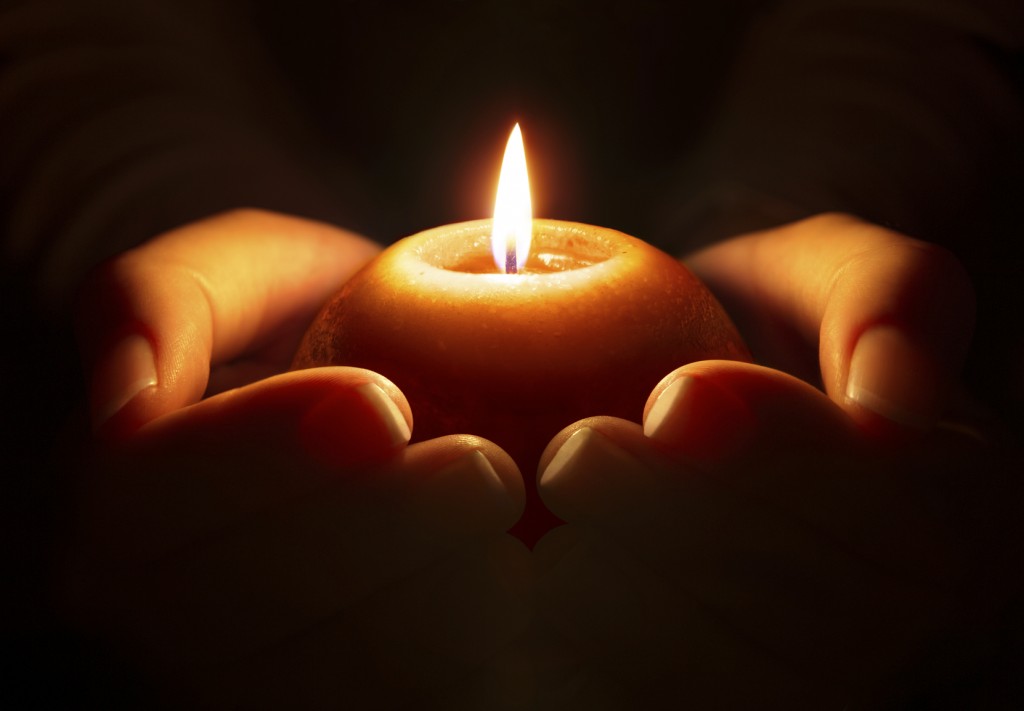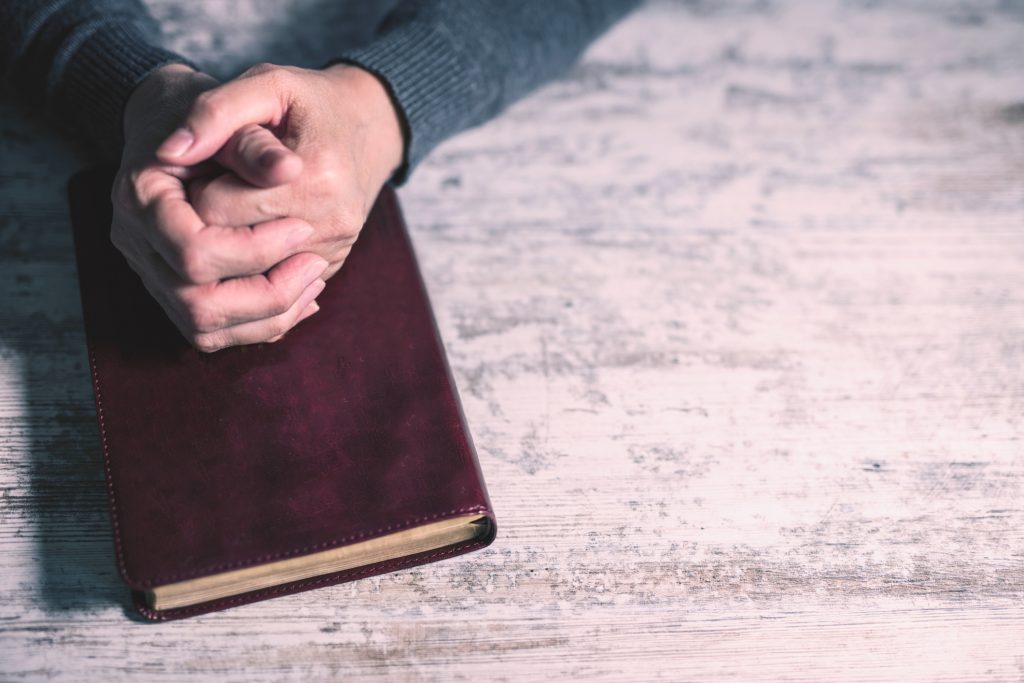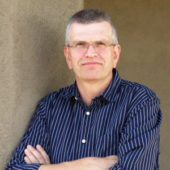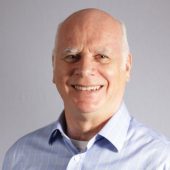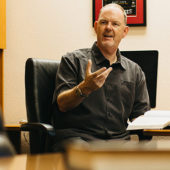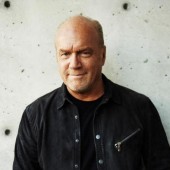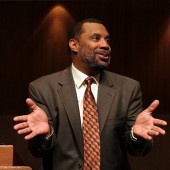“Everything you do in marriage affects each other emotionally.”
Clinical psychologist Dr. Bill Harley shares how the concept of a love bank in context to your spouse’s emotional needs.
“You’re either making love bank deposits or you’re making love bank withdrawals in what you do with each other. When you’re meeting each other’s emotional needs, you are making massive love bank deposits.
“When you make enough deposits in your spouse’s account and your love bank reaches a certain point you breach, what I call the romantic love threshold, where suddenly you feel in love.”
Dr. Harley and Joyce have been married over fifty years and their love is still going strong.
“Now the feeling I’ve had for Joyce all these years is because she making all these massive deposits, it keeps her account above this romantic love threshold; she’s probably way above it, actually, she can afford to lose a few.”
Love units can also be withdrawn by becoming selfish and thinking independently; without concern for your spouse.
“When I’m doing things that upset my spouse, I’m making love bank withdrawals. When I do something where my spouses eyes just light up, I’m making love bank deposits. If I make more withdrawals than deposits, we’re going to lose this feeling that we had toward each other, so I’ve got to avoid making the withdrawals and I have to learn to be consistent in making the deposits and that way we can stay in love.”
Dr. Harley explains the love bank from a Christian standpoint,
“I have always argued that making deposits and avoiding withdrawals is a litmus test of the care that we’re showing each other.”
“I could also use the example of 1 Corinthians 13. Paul wants us to be patient and kind, he wants us to avoid getting angry, he wants us to avoid being selfish; all the things that he’s talking about are things that build love bank deposits and avoid love bank withdrawals.”
Our human nature can be the biggest roadblock to building healthy marriages.
“It’s like God knew that our human nature is such that if we went down the human nature road, we would definitely be destroying the love that God had given us with our husband or wife.”
“So my care for Joyce is not just simply meeting her emotional needs or her meeting mine, we also have to be careful that we’re not doing things that are selfish, where we benefit at the expense of our spouse and end up hurting our spouse in the process.”
By continuing to make deposits into the love bank and working on meeting our spouse’s emotional needs, we’ll be on our way to building a strong and healthy, Christ-centered marriage.
Dr. Bill Harley is best known as author of the internationally best selling book, . Dr. Harley earned a Ph.D. degree in psychology from the University of California at Santa Barbara in 1967 and has been a Licensed Clinical Psychologist in Minnesota since 1975.
Truly loving your spouse


